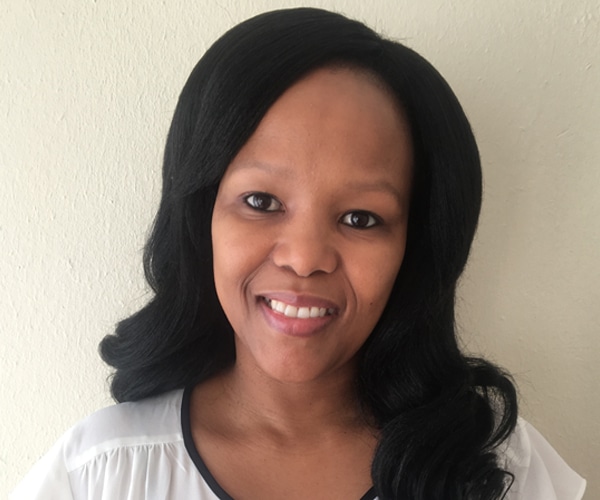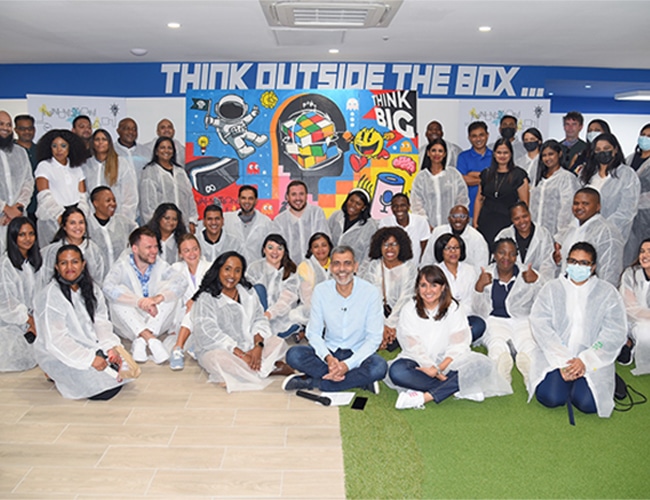Covid-19 shows why tourism employees should seek higher education
Formerly viewed as one of the most exciting and lucrative industries to be employed in or establish a business, the tourism and hospitality sectors have now plunged into a realm of contingency plans and recovery strategies, writes MANCOSA academic Lucinda Arulappan.

Formerly viewed as one of the most exciting and lucrative industries to be employed in or establish a business, the tourism and hospitality sectors have now plunged into a realm of contingency plans and recovery strategies, writes MANCOSA academic Lucinda Arulappan.
For most South Africans involved in these businesses, the COVID-19 pandemic has brought about sheer distress and disruption as businesses continue to close their doors to the public at a precipitous rate.
The residual impacts of the lock-down restrictions which were imposed on all South Africans in March 2020 are still being endured by numerous tourism and hospitality establishments. The unfavorable economic environment, and more recently, the politically-linked unrest in KwaZulu-Natal and Gauteng, have left many South Africans feeling hopeless as their attempts to regenerate and sustain their businesses have proven unsuccessful. As a result, one can argue that both the economic and political environments are solely to blame for the industry’s inability to sustain jobs.
However, current and future tourism and hospitality employees can create a sense of job security and job sustainability for themselves within the industry.
While the tourism and hospitality industry is labour-intensive and practical training is critical, theoretical training must not be overlooked. Having a formal qualification, especially within a vulnerable sector, grants the individual an opportunity to not only attain technical and theoretical knowledge, but also personal and industry recognition. Gaining individual recognition affords one with a great deal of creditability which holistically supports sustainable employability in the services industry. Yes, a “piece of paper” holds that much power.
Moreover, the COVID-19 pandemic proved that low-skilled employees who worked within a vulnerable service industry i.e., the tourism and hospitality industry, were largely unable to self-sustain their employment as they lacked general business knowledge that would accompany a higher education qualification.
As a result, these employees were unable to be self-financing and unfortunately endured the extreme impacts of unemployment due to uncontrollable external factors. The tourism and hospitality industry is highly susceptible to technological, economic, political and legal, demographic, socio-cultural and many other global influences, and so employees within or entering the industry should safeguard themselves by acquiring the necessary education that supports their required or already self-possessing skills. The tourism and hospitality industry in particular recognizes the divide between education and industry and is identifying the benefits of developing a compliant relationship.
A higher education qualification in tourism and hospitality increases one’s chances of employability. While the industry is highly unpredictable, security lies in the fact that a formal education has been obtained, which consequently increases the chances of obtaining employment and gives one a competitive advantage and room for promotion. Post COVID-19 will demonstrate this as job applicants will find that employers are sure to favor candidates who not only hold experience but obtain a higher education in the field as well.
A higher education qualification and experience will demand a higher salary. This will bring about socio-cultural as well as economic growth for the employee and South Africa on a whole. A higher education in tourism and hospitality also adequately prepares the employee to enter into an evolving industry and in many cases affords them with the skills and know-how to sustain their entrepreneurial ventures.
Private higher education institution MANCOSA offers a Bachelor of Commerce in Tourism and Hospitality Management as well as other complementary higher certificate courses, which current and future tourism and hospitality employees can register for.
The programme affords undergraduate students with quality education and skills which they are able to implement within the tourism and hospitality sector. Graduates can aspire to positions as Events Managers, Guest Relations Managers, Accommodation Managers, Tour Group Operators or any other management roles within the tourism and hospitality industry.
It is safe to say that the tourism and hospitality industry will forever have a pulse. As over the years, numerous natural, socio-cultural, political and economic crises and disasters have befallen the globe, threatening to drastically disable tourism and hospitality businesses. But a resurrected tourism and hospitality industry has always resulted. So too shall it be post the COVID-19 pandemic.
ENDS





